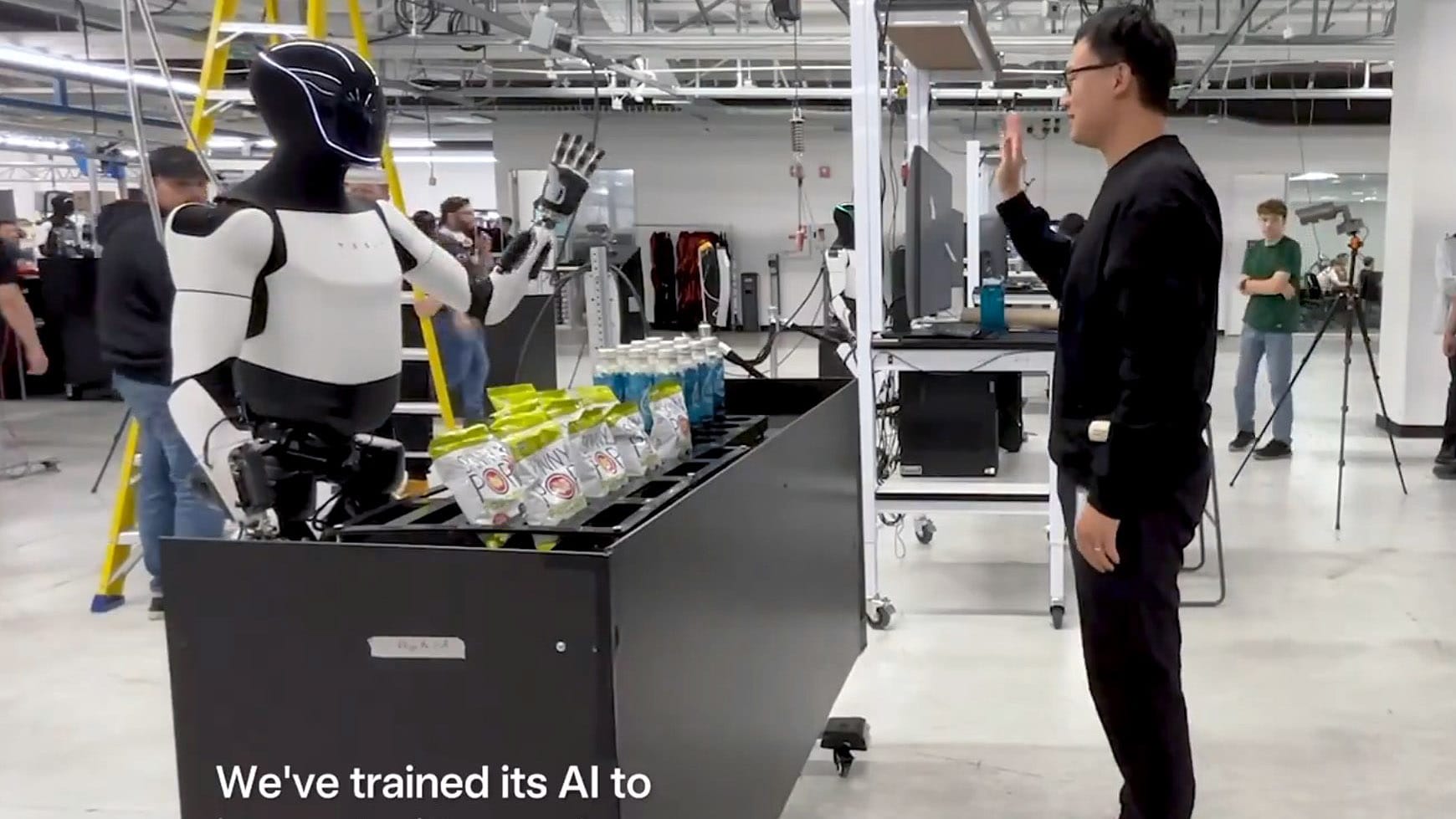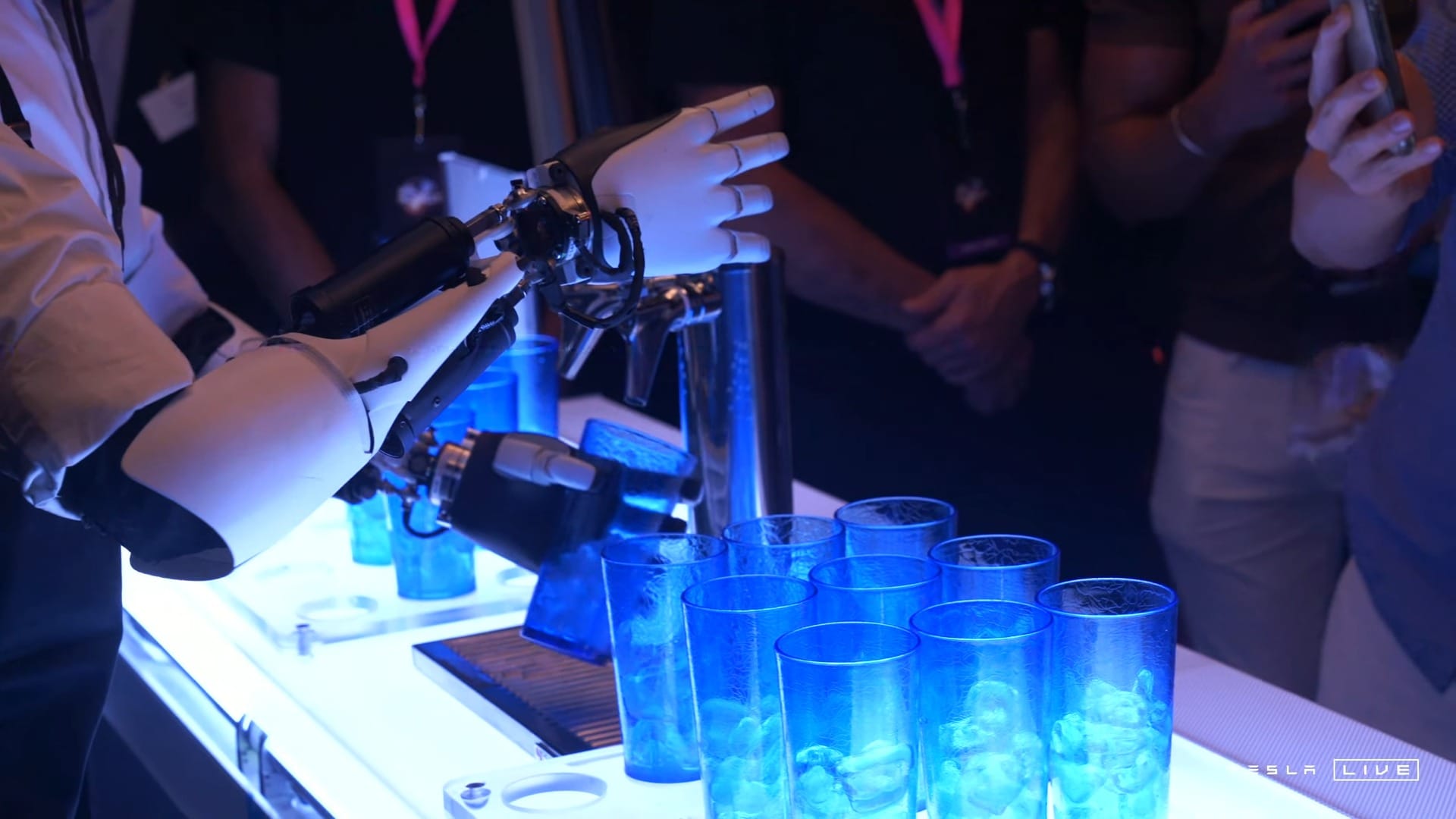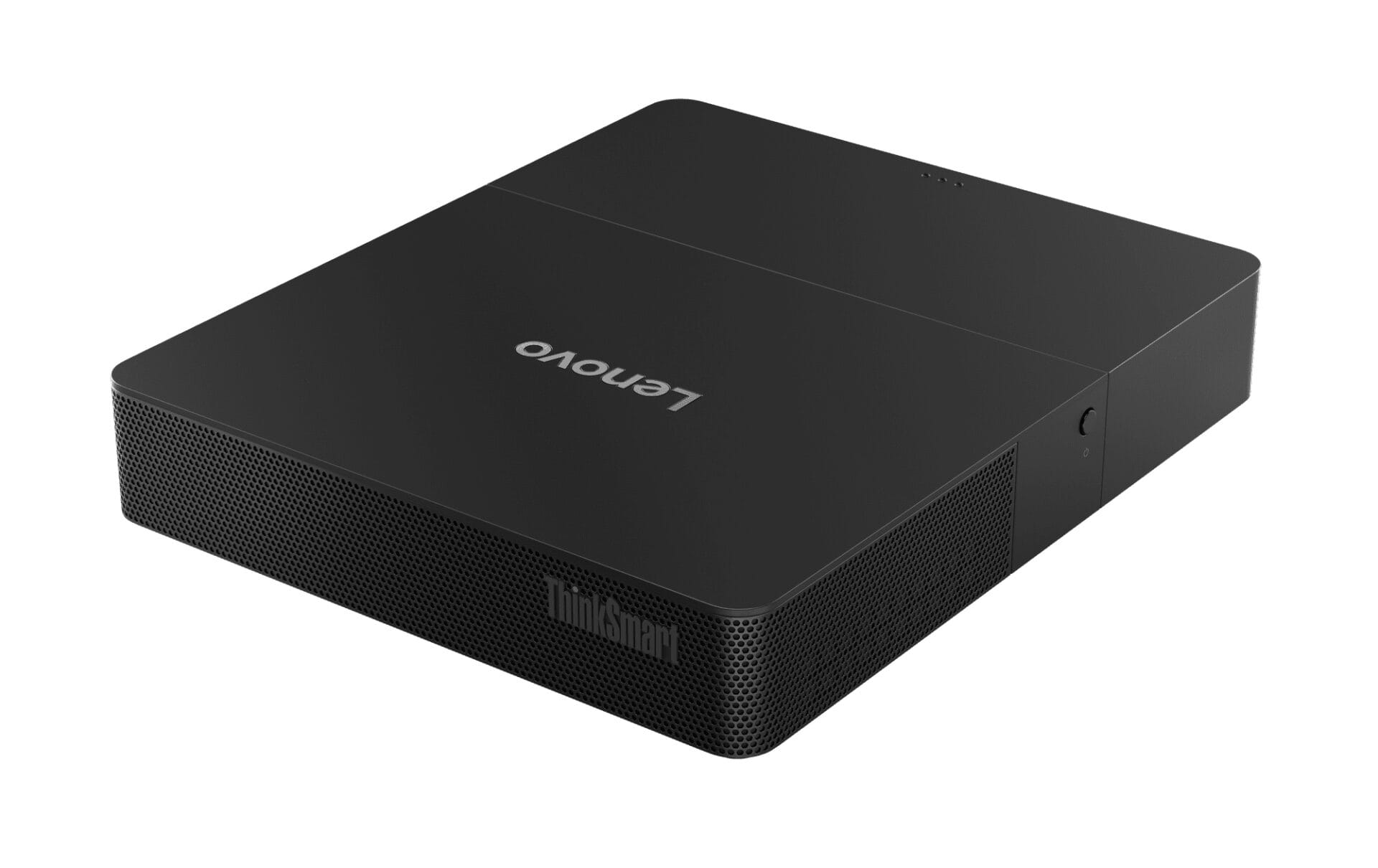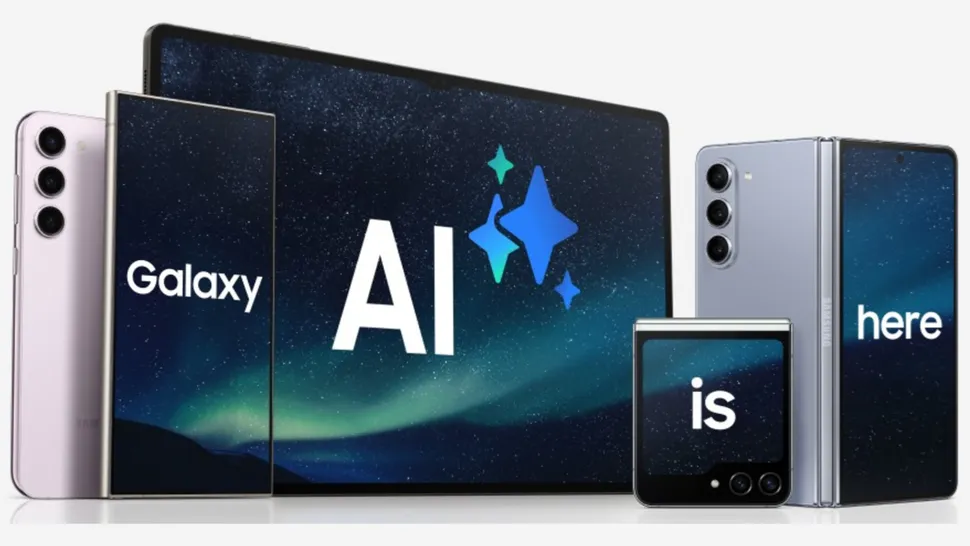Google is launching an ambitious initiative to employ small nuclear reactors to supply energy for its AI data centers. They have partnered with Kairos Power to realize this vision, aiming to have the first reactor operational by the decade’s end and to introduce additional reactors by 2035.
Innovative Cooling Methods
Unlike traditional reactors that use water, these new systems will utilize molten salt for cooling, enhancing efficiency and being more environmentally friendly. The technology from Kairos Power emphasizes smaller, adaptable reactors, which outperform the conventional large nuclear facilities that most people are familiar with.
Meeting Energy Demands
As the need for AI technology soars, finding a clean, steady, and dependable energy source has become critically important. Nuclear energy, being carbon-free and capable of delivering continuous power, aligns perfectly with the tech sector’s objective to lower its carbon emissions.
Michael Terrell, who is Google’s Senior Director for Energy, emphasized that this innovative energy strategy will enhance AI capabilities while remaining environmentally responsible.
Regulatory Hurdles Ahead
However, the project faces some challenges. It must navigate rigorous regulatory frameworks. The arrangement requires clearance from the US Nuclear Regulatory Commission as well as local authorities in the regions where the reactors will be built. These approvals can take a long time and are accompanied by strict safety and environmental guidelines.
Google isn’t the sole company exploring nuclear energy. Other major corporations, such as Amazon and Microsoft, are also considering it. Amazon intends to acquire a nuclear-powered data center in Pennsylvania, while Microsoft is working on reviving the old Three Mile Island nuclear facility.
Future of Data Center Energy
Nuclear energy presents a robust solution, especially since energy consumption in data centers is projected to double by 2030. It provides clean, uninterrupted power, which is a major advantage for tech firms looking to innovate while minimizing their carbon footprint.
Nonetheless, nuclear energy continues to provoke discussion due to its waste production and safety concerns. Yet, its near-zero carbon emissions position it as a strong competitor in the industry’s efforts to reduce pollution.
Google’s collaboration with Kairos Power is indicative of a larger movement, as technology giants pivot towards alternative energy solutions to satisfy the growing needs of AI and digital infrastructure while being mindful of sustainability.




















